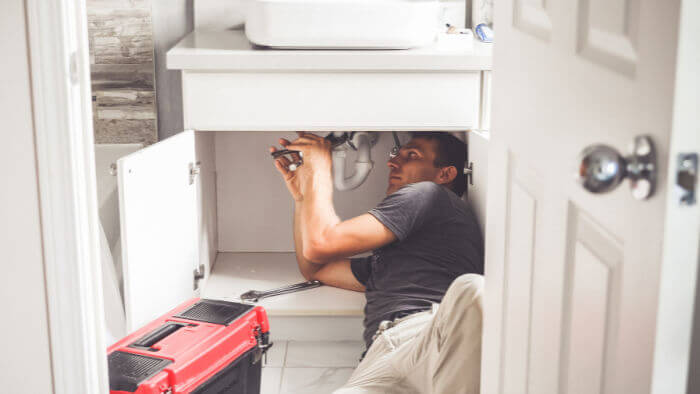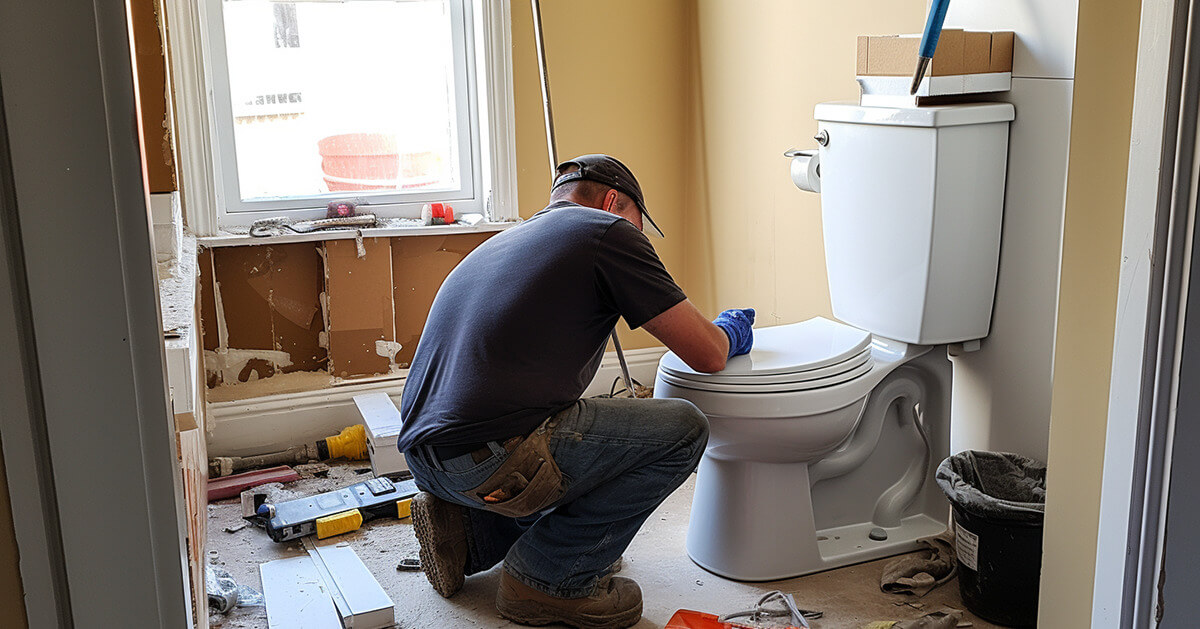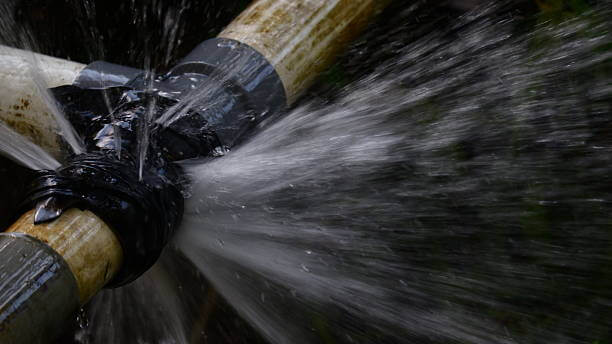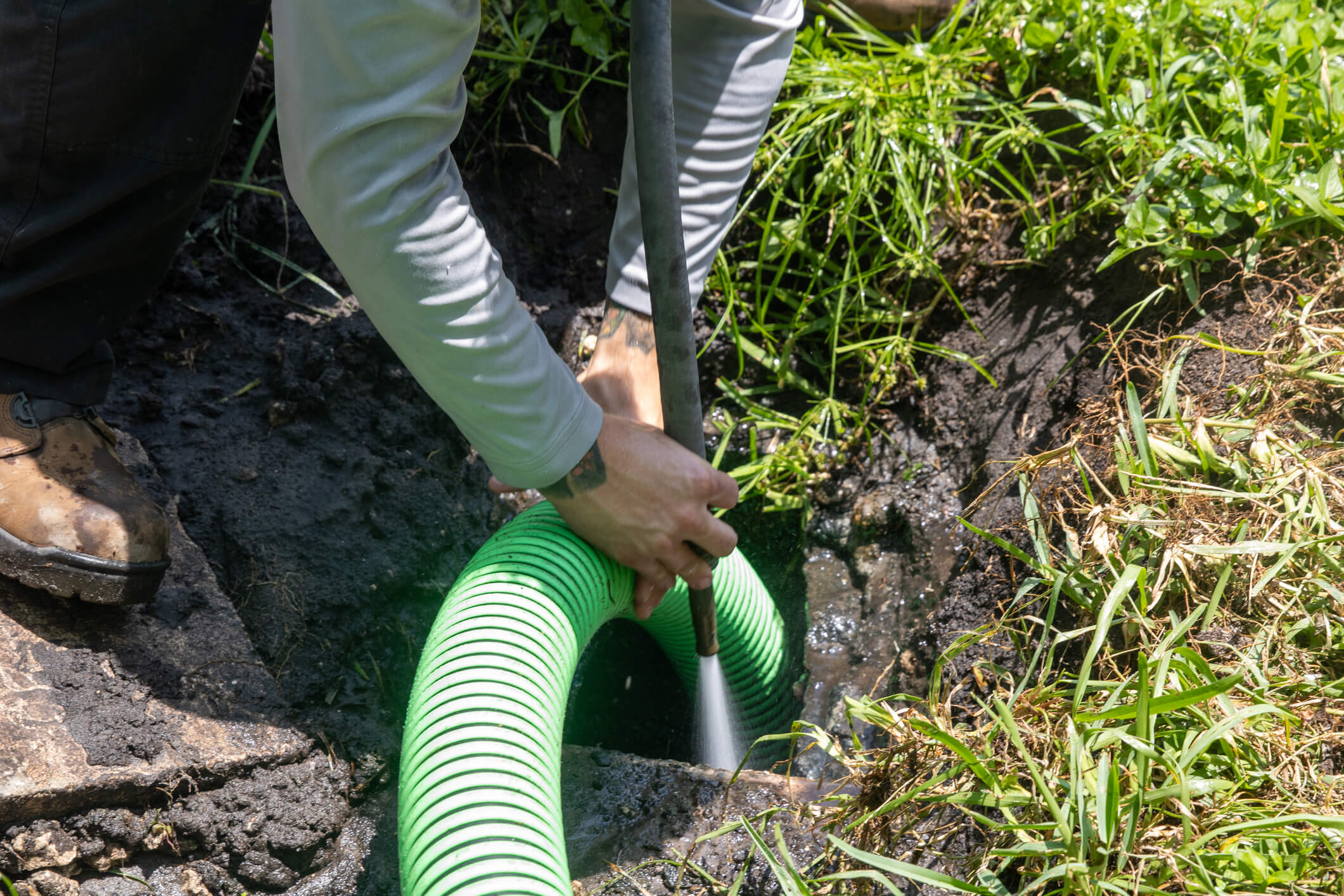What Is a Plumbing Permit?
A plumbing permit is an official approval from your local city or county that allows you to install, repair, or modify plumbing systems in compliance with local building codes.
Homeowners and contractors must usually obtain a plumbing permit before starting any major plumbing work, such as moving pipes, adding new fixtures, or replacing water lines.
Local inspectors review the project to ensure it meets safety and health standards. This helps prevent leaks, contamination, and other issues that could affect your home’s water supply or drainage system.
- Issued by: Local building or municipal department
- Purpose: To ensure plumbing work meets code and safety requirements
- Common projects requiring a permit: Bathroom remodels, new water heaters, or major pipe replacements
In short, a plumbing permit protects both your property and your community’s water system by verifying that all work is done safely and correctly.
When Do You Need a Plumbing Permit?
Not all plumbing projects require a permit. Minor repairs are usually exempt, while bigger changes to your home’s plumbing system almost always require one.
Examples of Projects That Require Permits
- Installing new water or sewer lines
- Adding a bathroom, laundry room, or kitchen
- Relocating sinks, toilets, or showers
- Replacing or installing a water heater
- Major pipe replacement or rerouting
Projects That Usually Don’t Require Permits
- Replacing faucets or showerheads
- Swapping out toilets
- Repairing small leaks in existing plumbing
- Clearing clogged drains
» Related: Plumbing Repair Costs: What to Expect
Do You Need a Plumbing Permit for DIY Plumbing Work?
If you’re tackling plumbing as a DIY project, you will likely still need a permit for major work. Some cities allow homeowners to pull their own permits, while others require a licensed plumber to apply. In either case, a city inspector will review the work to ensure it meets code requirements. Always check with your local building department before starting a plumbing project to avoid problems.
What Happens If You Skip a Plumbing Permit?
Skipping a permit can cause major headaches — from fines to removal of completed work.
- Fines and stop-work orders: Inspectors can halt your project and issue monetary penalties if you’re caught doing unpermitted work.
- Redoing work: You may be forced to tear out unpermitted plumbing and undo renovations if the work lacks local approval.
- Insurance issues: Insurance companies are unlikely to cover problems that arise from unpermitted work, leaving you responsible for any damages.
- Resale problems: Home buyers, real estate agents, and inspectors may flag unpermitted work, delaying or complicating a sale. If local authorities find out, you could also face fines or be required to remove the completed work.

How to Apply for a Plumbing Permit
Getting a plumbing permit usually follows the same basic steps. Each step helps ensure your project complies with local regulations and runs smoothly.
- Contact your local building department: Reach out to your city or county building department. Many permit applications are available online for download.
- Submit an application: Applications typically require contractor contact information, project details, and drawings of your proposed changes.
- Pay the fees: Application and inspection fees vary by location but generally range from $25 to $500, depending on your project’s scope and location.
- Wait for approval: Some permits are issued quickly, while complex projects may take longer. Apply well in advance of your start date to avoid delays.
- Schedule inspections: Inspectors will review work at key stages or after completion. Be sure to schedule these inspections before continuing to the next phase.
- Receive final approval: Once your project passes inspection, it’s officially compliant with local codes and safe to use.
Costs and Timelines for Plumbing Permits
Permit costs and timelines vary depending on project complexity and your location, but here’s what most homeowners can expect.
- Costs: Most plumbing permits range from $25 to $500, depending on the project size and city fees. Major remodels or additions can cost more.
- Timelines: Simple permits may be issued the same day or within a few days. Larger projects with detailed plans could take a week or more. Inspections are usually scheduled within a few days of your request and are required at key stages — for example, before drywall installation and after completion.
DIY vs. Hiring a Licensed Plumber
Deciding whether to do plumbing work yourself or hire a professional depends on your local regulations, skill level, and project scope.
» Related: Best Plumbing Companies of 2026
- DIY homeowners: Some jurisdictions allow homeowners to apply for their own permits if they plan to do the work themselves. This can save money but requires meeting the same standards as a professional.
- Licensed plumbers: Many areas require a licensed professional to apply for plumbing permits, especially for complex projects such as sewer line work or the installation of new bathrooms and kitchens.
When in doubt, check with your local building department. Pulling the right plumbing permit upfront saves money, ensures safety, and protects your investment in the long run.
Compare top-rated plumbing pros in your area.
Read real homeowner reviews, explore qualifications, and view promotions. Modernize makes it easy to browse professionals and find one that will be perfect for your project.





